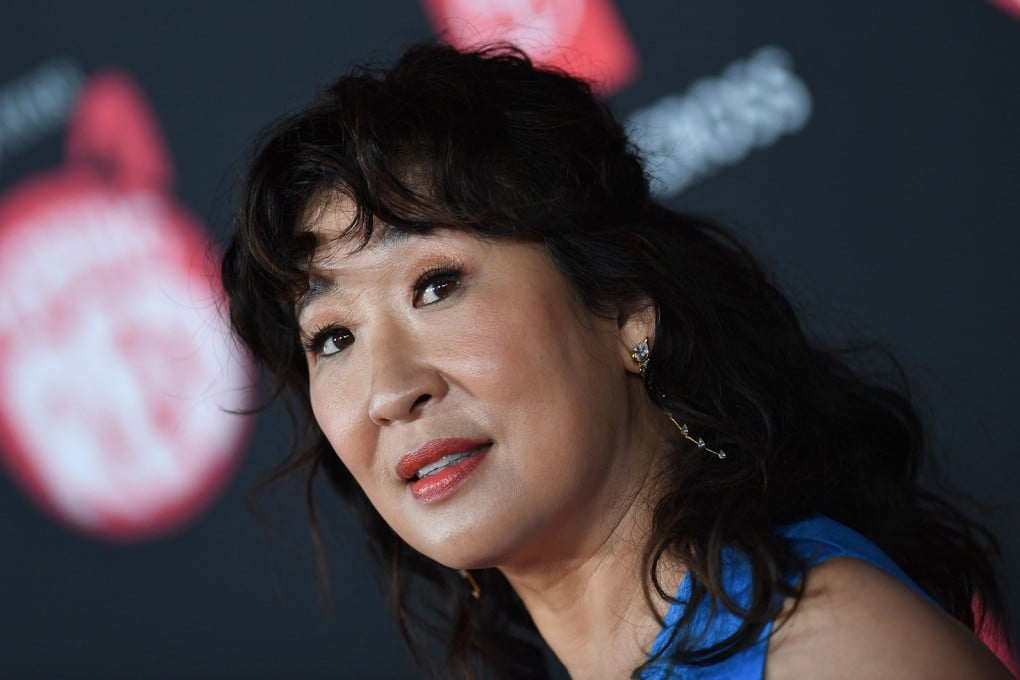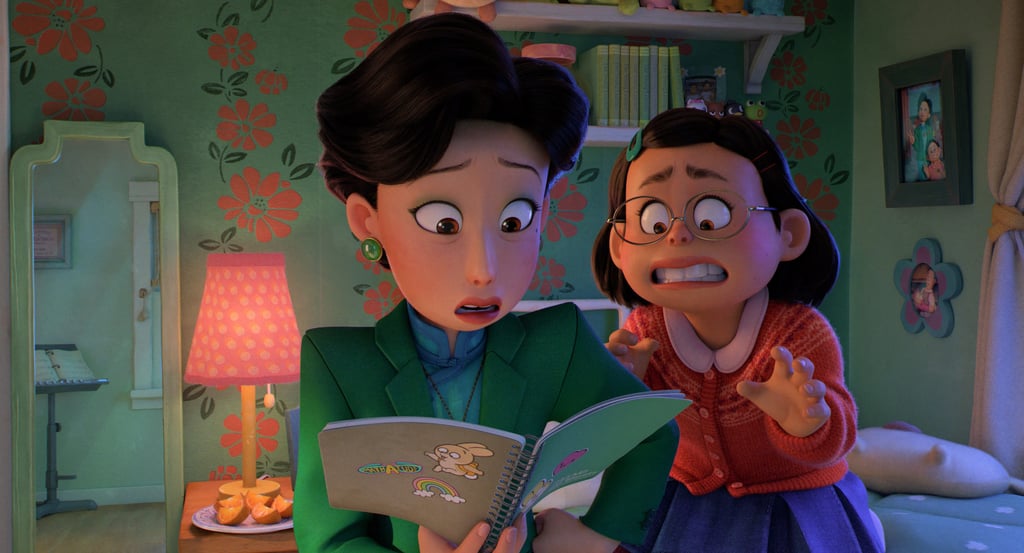How Michelle Yeoh and Sandra Oh took Asian-American mums mainstream in Everything Everywhere All at Once and Turning Red
- Oh’s superb voicing of a Chinese-American mum in 2022 Pixar movie Turning Red qualified the character as a recognisable, persuasive model of Asian motherhood
- Yeoh’s turn as Evelyn Wang in Everything Everywhere All at Once embraces a rougher, messier version of the ultra-composed ‘tiger mums’ portrayed elsewhere

Convinced that this “degenerate” must have taken advantage of her daughter in some way, Ming furiously confronts the poor, unsuspecting Devon at the convenience store where he works, demanding, in full view of her mortified daughter and several giggling onlookers: “What have you done to my Mei-Mei?”
Being embarrassed by one’s parents is a rite of passage for nearly every coming-of-age comedy protagonist. The title of this one warns you that you’re in for a story about chronic shame and embarrassment: Turning Red may be a cheeky menstrual reference (an impressive first for a Pixar movie), but it also describes the basic act of blushing. And this particular humiliation cuts deep, especially if you look at Ming and Mei, a Chinese-Canadian mother-daughter duo, and discern more than an echo of your own experience as a parent, a child, or both.
An echo, it’s worth noting, is not a mirror. Speaking in my Mei-adjacent capacity as the Chinese-American son of a Chinese-American mother, my ready identification with that particular scene from Turning Red comes with its own hesitations and qualifications.
Even allowing for the comically exaggerated register in which most family-friendly studio animations operate, surely Ming overreacts to a slightly insane degree. Wouldn’t any mother properly interrogate the hell out of her child before jumping to conclusions?

Then again, some might argue that it’s precisely Ming’s overreaction that qualifies her as such a recognisable, persuasive model of Asian motherhood.